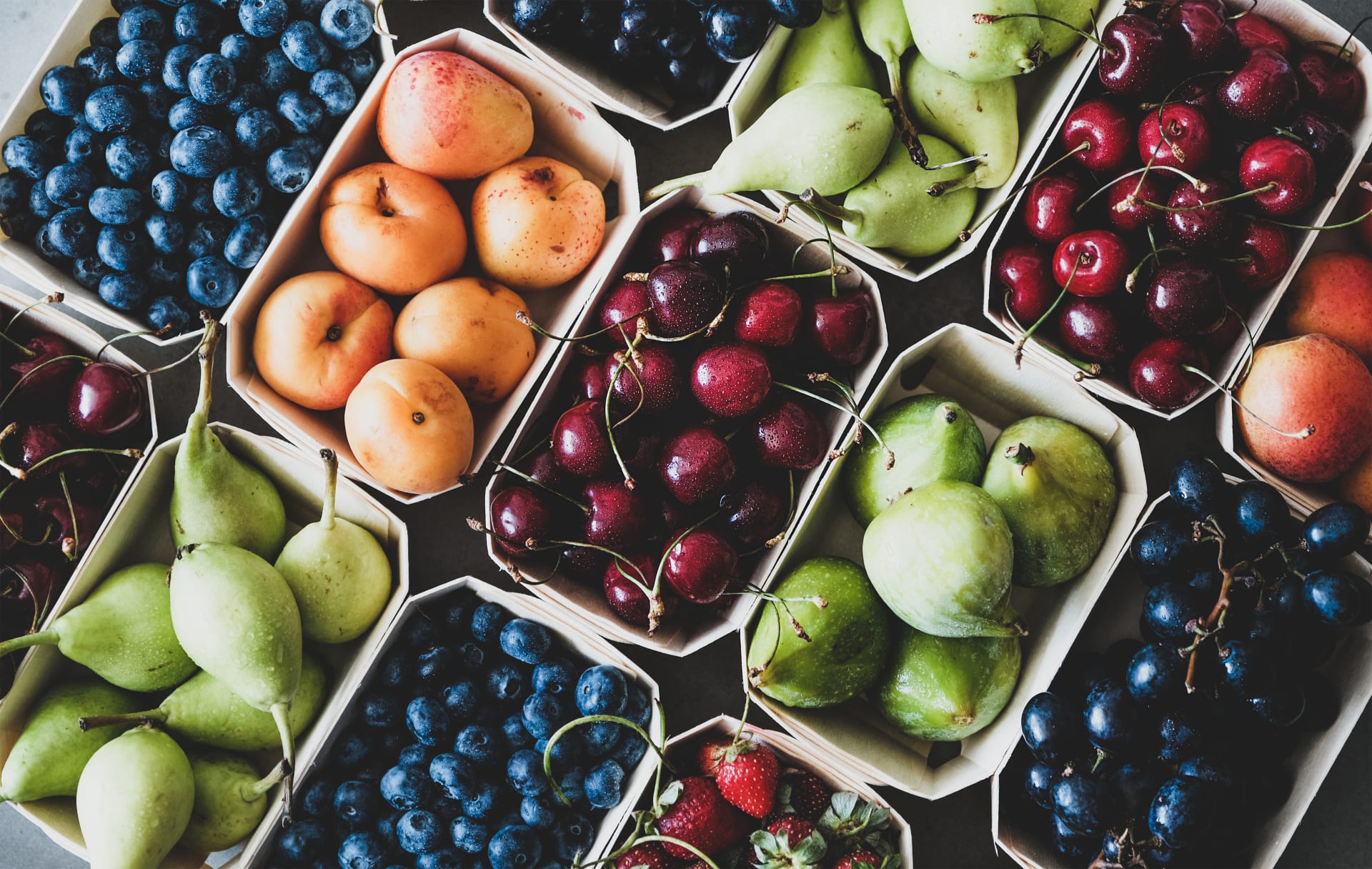Together, let’s respect the seasons!
The world’s best chefs have always said that seasonal ingredients are the secret to delicious cuisine! However, fruit features heavily in sweet gastronomy. You may feel like you need to keep firm favorites such as a strawberry or raspberry tarts on the menu all year round, which makes choosing seasonal ingredients difficult. Today, we’re at a turning point where pastry has found a clever balance between seasonality, sourcing and transparency.
While there may be no globally agreed upon definition of what ‘local’ is, Food Made Good defines local as produce that is made, raised or grown within your business’ designated geographical region, not just purchased there. This might mean sourcing produce from your town, city, region or state depending on the size of the country.
For Patrice Demers, pastry chef and owner of Patrice Pâtissier in Montreal, Canada, local isn’t just a nice thing to have, it’s a real source of inspiration. It also adds an element of competitive advantage, ensuring that his creations remain totally unique thanks to their connection to local terroirs and flavors.
While Patrice acknowledges that this focus on local means he has to offer a smaller range of patisseries, he prefers it this way.
I prefer to have 12-15 fresh desserts made with local produce rather than having loads of desserts. My customers understand and support this.
Having a direct connection with the producer and being able to visit their farm not only inspires him, but also gives Patrice the opportunity to promote his producers to his customers and via social media. Supporting others within the industry, even just through social media, can have a huge impact and encourage others to think about their own sourcing or farming practices.
Buying local produce in season is a shortcut to fresher, tastier, healthier ingredients. Seasonal fresh food, with shorter food miles, often has a smaller environmental footprint. Quality and costs can also be better controlled. At the same time, it also provides a valuable investment in the local economy, helps establish and maintain local food resilience and protects local food heritage. Serving locally sourced food also helps give customers more transparency and traceability over what they’re eating.




